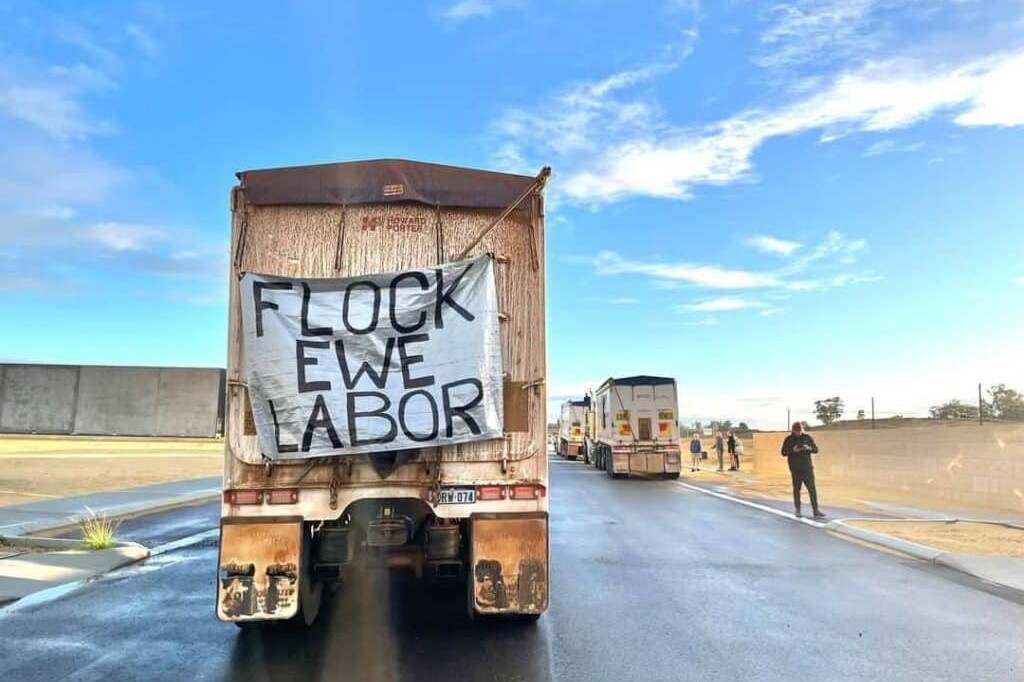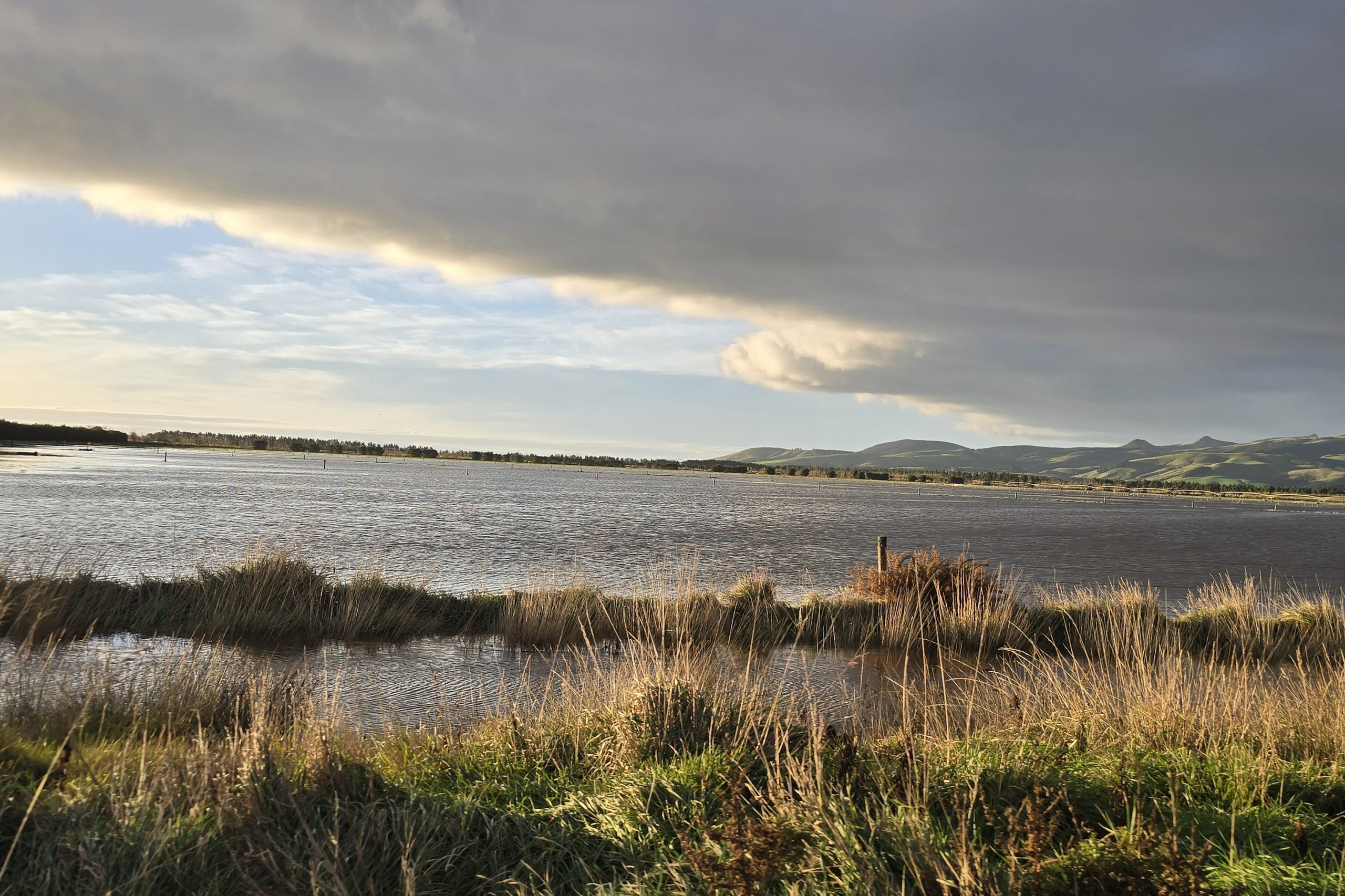Government and local authorities have long required farmers to do the right thing. Now banks have added their voices, West Coast farmer Gaye Coates writes.
Responsible is one of those commanding words that lingers with dubious reminiscence from my childhood. It sits alongside being told to be good. Both words resonate in my memory as having very subjective definitions with certain but variable consequences when they were not achieved. I naively thought that when I “grew up”, I would have attained these somewhat obscure virtues of doing the right thing. Not so it seems.
The words simply changed as did the people admonishing them. Responsible and being good were swapped with modern day directives of being sustainable and ethical. And then, just as I thought I had mastered the language and rules of these new commands, responsible self-importantly resurfaced.
Being told to do the right thing by authorities such as Government policies and Regional Council rules is an expected part of farming. The reproving voices have increased and widened over time.
Recently banking has joined the sectors who feel entitled to speak, with one bank now saying to businesses they will only give financial support if they are responsible. Achieving this responsible label requires providing evidence of compliance with and the delivery of harm-minimisation practices.
On our farm, our most visible evidence of harm-minimisation practices is our waterway protection, and completing this has taken some years. We weren’t delayed in our response to doing the right thing; the process in its entirety just simply had to be budgeted in terms of time and money.
Many a school holiday family bonding session was undertaken constructing a new farm fence alongside a creek. We have achieved compliance with these rules and expectations for some time, but we have been realistic that the standards for good practice are ever increasing and expanding.
This month we completed a major project of installing two new culverts over creek crossings. The creek crossings met our compliance regulations but they didn’t reflect what we felt was doing the right thing. With significant expense, they now do – at least for today.
While environment has been the big tick measure of farmers’ responsibility, there are less obvious practices to flaunt. Being a responsible employer is important to us and part of this has seen us move to using a payroll company to ensure our team are fairly and accurately paid for every hour that they work.
Over the last year, we have been working on improving our responsible use of antibiotics. We are not unusual in that mastitis control accounts for the majority of our onfarm antibiotic use. We have never been indiscriminate in their use, and there have always been sound clinical reasons to begin treatment but we were using more than we thought was reasonable and too often treatment would have to be repeated or changed.
Last year we bought a Mastaplex machine which is an innovative piece of equipment that incubates milk samples from suspect mastitis cows, communicating the growth of bacteria via cloud-based technology to a laboratory. They determine which bacteria are present and then report back to us which antibiotic is required to kill the mastitis bug present in that cow.
This machine links with our local vet clinic who add to the advice. The benefits of this system have been well proven onfarm over the last season with first time right antibiotic treatment resulting in less antibiotics being used, prompt treatment and quick return of milk to the vat.
I would like to think that if we ever had to prove our responsibility to a key player in our business such as our bank, we could provide better than good evidence of our efforts. It wouldn’t be just because we were told to be responsible. For us, it is doing things right because we believe with certainty that is what is important.
I’m less sure however that our definition of responsible will match with unity and volume that of the authority demanding it.
- First published in Country-Wide September 2020.




